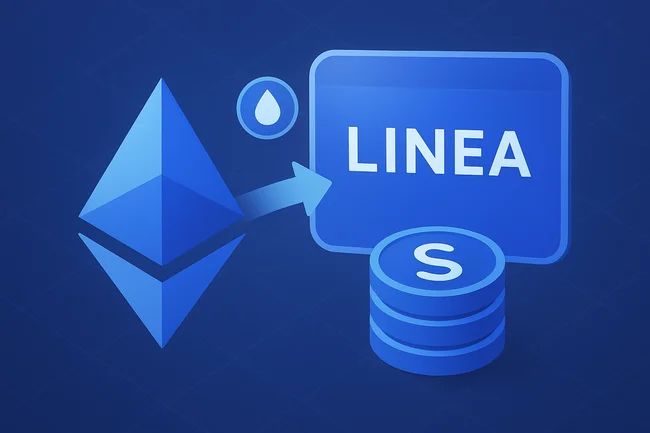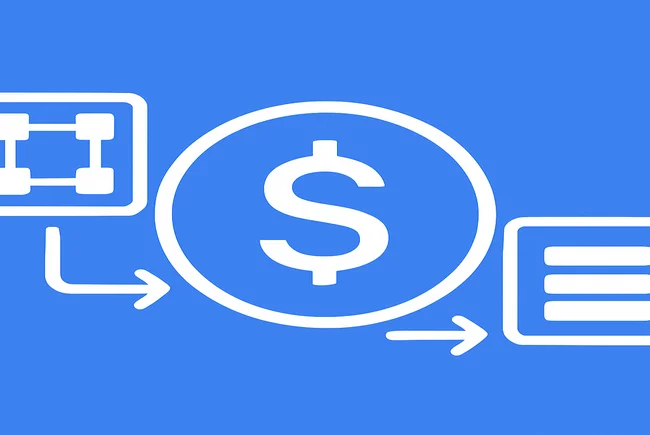Inflation-adjusted staking refers to the practice of earning rewards through staking while considering the impact of inflation on those rewards. When individuals stake their cryptocurrencies, they lock up funds to support network operations and receive rewards in return. However, if inflation occurs, the purchasing power of those rewards may decrease over time.This adjustment is crucial because the nominal rewards might look appealing at first glance, but rising prices can erode their true value. For example, if a staker earns 10% annual rewards, but inflation is at 5%, the real return is only 5%. Investors often seek ways to factor in inflation to better evaluate their staking returns. This may involve comparing staking rewards against inflation rates or choosing assets with mechanisms that offer higher real interest rates. By considering inflation, stakers can make more informed decisions about whether their staking efforts will maintain or grow their purchasing power over time.
Aave Labs Acquires Stable Finance to Expand Consumer DeFi Products
Aave Labs has acquired Stable Finance, a San Francisco-based fintech company focused on stablecoin savings, in a move to strengthen



